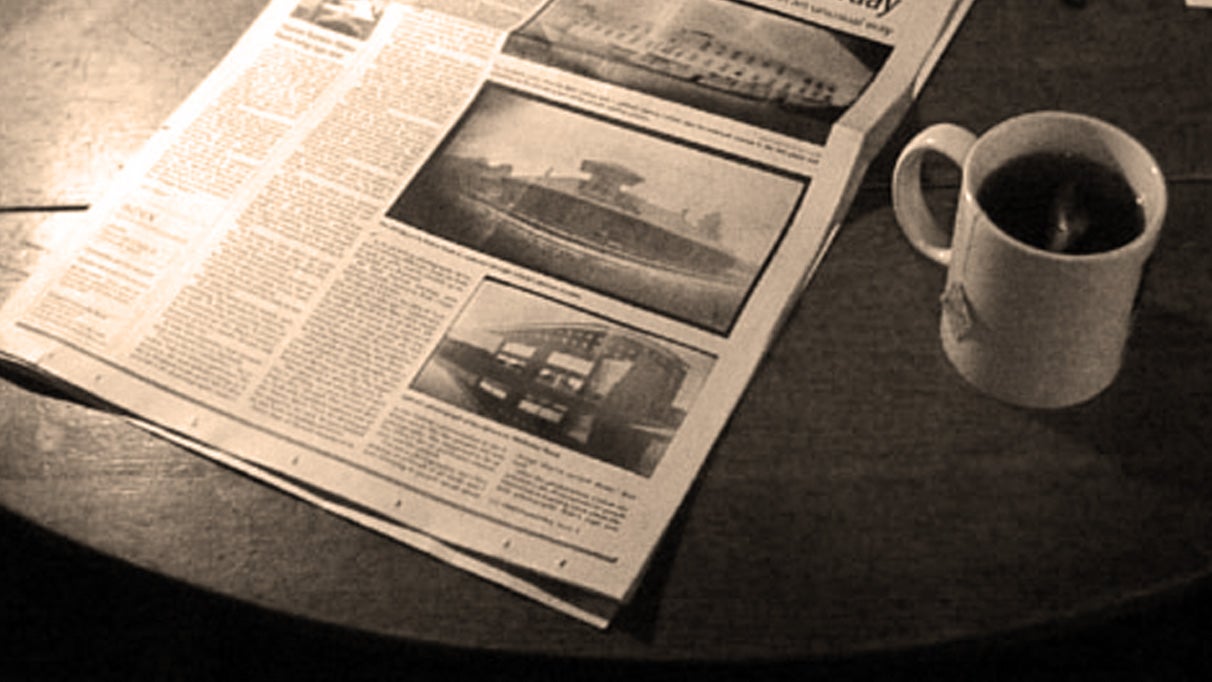Products You May Like
Sundays are for patting your rice cooker on the lid and thanking it for its many years of service. While our rice warms, let’s read this week’s best writing about video games.
For GAMINGbible, Dean Abdou addressed the vilification of arabs and minorities in video games.
When playing a video game that normalises players killing hundreds of Arabs, it risks slowly indoctrinating young audiences to see brown people as nothing but throwaway ragdolls. Six Days In Fallujah doubles down on this normalisation with the creators’ insistence that it isn’t a political game. All this serves to highlight is that it’s instead just another game to reinforce the tired, negative trope of minorities being the bad guys for no reason.
For Eurogamer, Robert Purchese had a chat with Tomas Sala about his game The Falconeer. I love how honest Sala is about the game’s development and how he’s grown because of it.
The Falconeer was a realisation for Sala, an understanding that, “Ah, fuck, if I just start making stuff, it’s always about me.” And rather than try to prevent that, or affect that, he surrendered to it. That’s why The Falconeer made a deep impression on me. Aside from the fact it’s an incredible achievement for one person, it’s how much of that person you can see in the game. How much of their mood you can feel, how much of their way of thinking you can glean from the things around you. What does that brooding sea mean down there, threatening to pull you under? What do those tortured landscapes represent, those spindly buildings on precarious foundations? And why is there such sadness to the world, to the mythology? What does it mean?
Over at Into The Spine, Zak Nur wrote about small evolutions in survival horror, namely how Resident Evil 7 took design cues from Amnesia.
Since the beginning of time, Resident Evil has played with controlling player power. For example, ammunition is pretty hard to come by in these games. Depending on how much you have, the situation changes. When you have a surplus, zombies are simply a nuisance to be dispatched. When you have a deficit, those zombies become a dangerous threat. Similarly, when Big Man On Campus Mr. X or Nemesis bust through the wall, you kind of have to avoid them too. When you think about it for a bit, you might begin to realize that these moments are essentially creating the same type of horror Amnesia creates. The only difference is when they happen. In Amnesia, the relationship between the player and their enemies is static. In Resident Evil 7, it’s dynamic.
And for PC Gamer, Malindy Hetfeld asks the question, “Has the games industry lived up to its Black Lives Matter promises?“.
“However, the senior leadership team remains overwhelmingly cis white men. Despite all the diverse hiring and employee-facing efforts the studio has made, almost nothing has happened to improve the social and cultural perspectives that drive the actual games we make. High-level decisions about what we are making are made behind closed doors in rooms full of old white men, with ‘our games’ being presented to us after the fact without anybody knowing when or how the decisions were made, and it shows.”
Music this week is Infinity 2008 by Guru Josh Project, purely because it’s very funny but also because it’s a bit of a banger.
I watched this video of a guy who popped salt water in a ecosphere, came back to it a year later, and took a look at what little creatures had sprung up. It’s super therapeutic and really interesting!
And there we have it. Hope you have a splendid weekend everyone.
